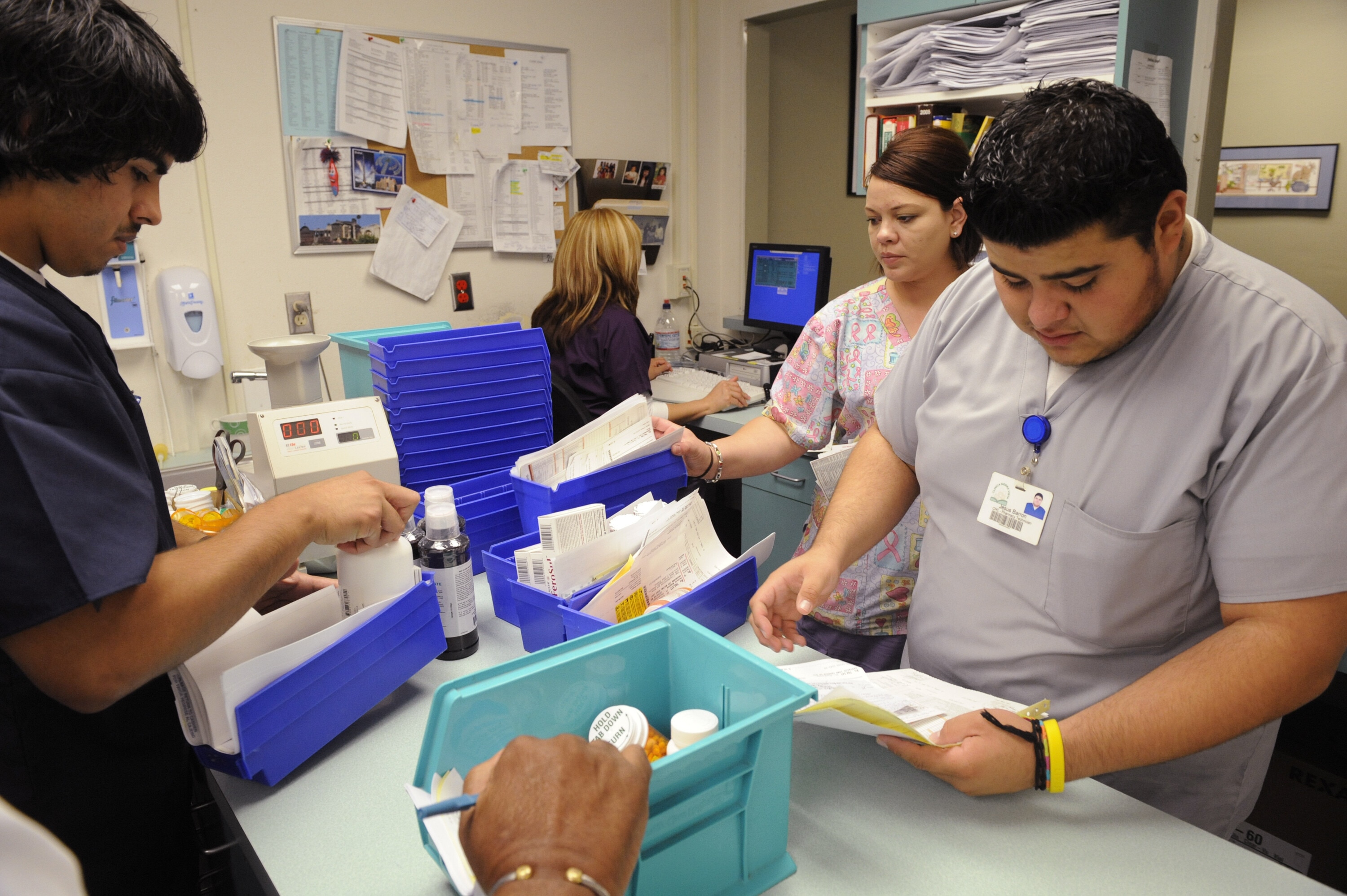COVID-19: What you need to know about the coronavirus pandemic on 18 January

COVID-19 continues to impact life in cities around the world. Image: REUTERS/Kim Kyung-Hoon
Listen to the article
- This daily news round-up brings you a selection of the latest news and updates on the COVID-19 coronavirus pandemic, as well as tips and tools to help you stay informed and protected.
- Top news stories: COVID-19 cases fall in major Indian cities; EU facing threat of 'twindemic'; Cases continue to rise across Europe.
1. How COVID-19 is affecting the globe
Confirmed cases of COVID-19 have passed 330.8 million globally, according to Johns Hopkins University. The number of confirmed deaths has now passed 5.54 million. More than 9.68 billion vaccination doses have been administered globally, according to Our World in Data.
Australia has suffered its deadliest day of the COVID-19 pandemic so far, with 77 deaths recorded on Tuesday.
Japan's western prefecture of Osaka will record about 6,000 new confirmed COVID-19 infections on Tuesday, the Kyodo news agency said, far surpassing the previous all-time high of 3,760 set on the weekend.
Canada has approved Pfizer's oral antiviral COVID-19 treatment, but only expects a few doses would be ready now.
The Czech Republic has reported more than 20,000 new confirmed cases of COVID-19 - the biggest single-day rise since 1 December.
Poland is experiencing a fifth wave of COVID-19 infections, the health minister said on Monday.
The number of people with COVID-19 in French hospitals rose by 888 to 25,775, the health ministry said on Monday, the biggest one-day increase since early November 2020.
Israel's Health Ministry said yesterday it would shorten the mandatory isolation period for those who test positive for COVID-19 to five days from seven days, following an initial cut last week, provided they are asymptomatic.
Denmark reported a record daily number of new COVID-19 cases on Monday, with some 28,780 new infections. It comes as cinemas, museums and other cultural institutions reopened after a month-long COVID-19 lockdown.
India's Gennova Biopharmaceuticals is working on an Omicron-specific mRNA COVID-19 vaccine candidate, it told Reuters on Monday.

2. Fall in COVID-19 cases in Indian cities
India's capital Delhi and financial hub Mumbai have reported falls in COVID-19 infections and most of those who contracted the virus have recovered at home, authorities said on Monday.
Daily infections in Mumbai fell below 10,000 on Sunday for the first time since early January. Levels hit an all-time high of 20,971 on 7 January. Meanwhile, Delhi's cases have fallen since hitting a peak of 28,867 on 13 January.
Both cities have said more than 80% of their COVID-19 hospital beds have remained unoccupied since the fast-transmitting Omicron variant led to a massive surge in cases from the start of the year.
"With very large numbers of sub-clinical, asymptomatic and undetected cases, it is difficult to pinpoint a peak by new cases," Rajib Dasgupta, head of the Centre of Social Medicine & Community Health at New Delhi’s Jawaharlal Nehru University, said in an email.
"In this situation, monitoring hospitalization is more prudent; today's case can be next week's hospitalization."
3. Return of flu: EU risk of 'twindemic'
Influenza has returned to Europe at a faster-than-expected rate this winter after almost disappearing last year, raising concerns about a prolonged "twindemic" with COVID-19 amid some doubts about the effectiveness of flu vaccines.
Since mid-December, flu viruses have been circulating in Europe at a higher-than-expected rate, the European Centre for Disease prevention and Control (ECDC) reported this month.
In December, the number of flu cases in European intensive care units (ICU) rose steadily to peak at 43 in the last week of the year, ECDC and World Health Organization data show.
That is well below pre-pandemic levels - with weekly flu cases in ICUs peaking at over 400 at the same stage in 2018, for example.
But it is a big increase on last year, when there was only one flu case in an ICU in the whole of December, data show.
The return of the virus could be the start of an unusually long flu season that could stretch well into the summer, the ECDC's top expert on influenza Pasi Penttinen told Reuters.
A 'twindemic' could put excessive pressure on already overstretched health systems, the ECDC said in its report.
Don't miss any update on this topic
Create a free account and access your personalized content collection with our latest publications and analyses.
License and Republishing
World Economic Forum articles may be republished in accordance with the Creative Commons Attribution-NonCommercial-NoDerivatives 4.0 International Public License, and in accordance with our Terms of Use.
The views expressed in this article are those of the author alone and not the World Economic Forum.
Stay up to date:
COVID-19
Forum Stories newsletter
Bringing you weekly curated insights and analysis on the global issues that matter.
More on Health and Healthcare SystemsSee all
Priya Abani
February 18, 2026






